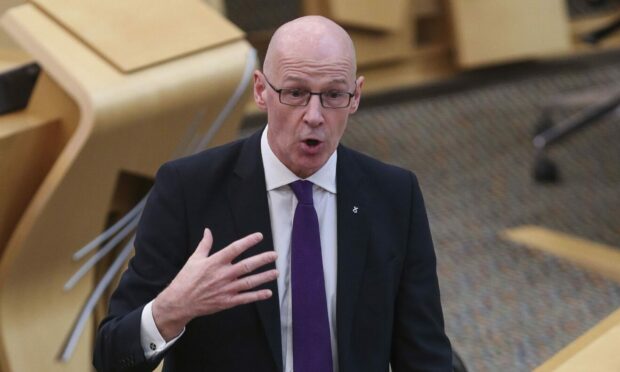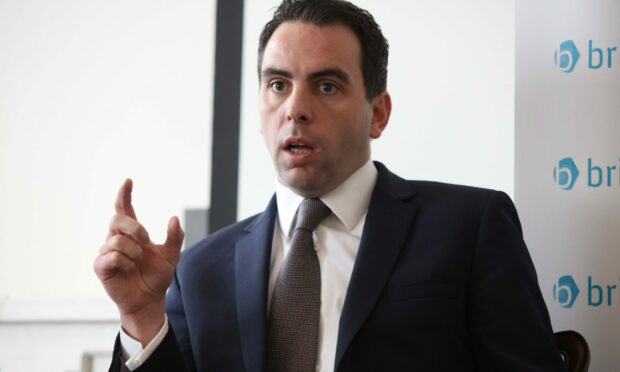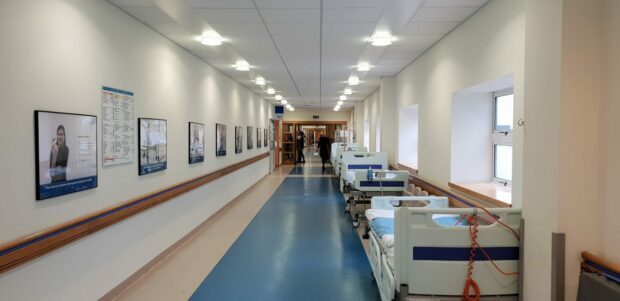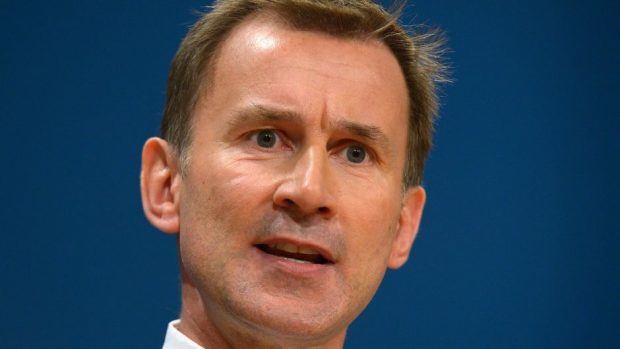Scotland’s finances are being dealt another hammer blow with new cuts of more than £600 million.
Question marks now linger over local projects and national infrastructure as cuts top £1 billion since an earlier round of belt-tightening in September.
1 – Is the Tay Cities Deal under threat?
Tayside and Fife benefited from a £700 million funding package announced in 2020 which sparked dozens of projects aimed at creating thousands of jobs.
The Tay Cities Deal was created with the goal of helping council areas meet climate targets, improve transport links and invest in science and technology.
However, the Scottish Government confirmed £10 million will be cut from six schemes across the country to save money.
Dundee-based Tory MSP said the scheme was a “key component” to boosting the local economy and said he was worried by the cuts.
The Scottish Government insists the funding is merely delayed for this year and will be spent at a later date.
But Mr Golden said no cuts would have been necessary if ministers repurposed £20 million allocated to their push for independence.
Dundee-based Labour MSP Michael Marra added: “Reductions in city deal funds will be set against many projects already being undeliverable on hugely outdated budgets.”
2 – Will communities suffer?
The harsh budget savings unveiled by Mr Swinney will see investment slashed in key infrastructure projects which benefit locals in Tayside and Fife.
In spite of the SNP’s commitment to fighting climate change, clean energy targets could come under threat due to decreased funding.
A total of £28.5 million intended to make buses greener will be held back.
And £1.5 million cuts are identified for low emission zones for taxis.
Cuts of £7.2 million to road projects will spark more uncertainty over whether the SNP can stick to the promise to dual the A9 in full by 2025.
Meanwhile, £16 million has been slashed from the government’s R100 programme, which aims to provide fast broadband for Scots in rural areas including Perthshire.
3 – Can the NHS cope with major cuts?
The brunt of savings were targeted at health services as Mr Swinney announced £400 million is to be taken away from health and social care.
It leaves huge concerns over how the NHS will cope this winter as its budget is stretched.
Finance chief Mr Swinney painted the extreme cuts as a necessary tradeoff against improved pay packages for workers.
Worries were raised over plans to slash £38 million from the mental health budget. Those affected will include Scots with disabilities.
Covid spending is to be scaled back significantly as the government spends £116 million less on vaccinations, testing and protective clothing for health staff.
That could leave the NHS vulnerable if the pandemic bites back in the coming months.
4 – Is the new National Care Service viable?
Nicola Sturgeon has made launching a National Care Service by 2026 a key policy.
But the SNP’s rivals in Holyrood quizzed Mr Swinney on whether it was wise to spend more than £1 billion on it while finances are tight.
Scottish Tory MSP Craig Hoy said: “It’s time for the SNP to see sense and drop these vague, reckless and largely uncosted plans for a National Care Service.”
Mr Swinney said his party was continuing to make progress to deliver the new social care body on schedule.
However, his budget savings took £70 million from the sector, including money allocated to the planned National Care Service.
Questions linger over whether the SNP can follow through on one of their biggest policy goals yet.
5 – Could this crisis get even worse?
Behind Mr Swinney’s statement lay one central theme: uncertainty.
The deputy first minister admitted he has no idea if Westminster will slash how much money they give Scotland later this month.
Tory Chancellor Jeremy Hunt will hold his own emergency budget and it’s feared he could launch a fresh wave of austerity.
If that happens, the SNP may need to find even greater savings despite just over £1.1 billion in cuts so far.
Further slashes in expenditure could then follow when Mr Swinney announces Scotland’s annual budget on December 15.




